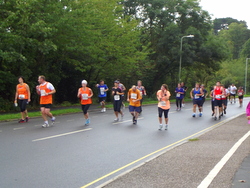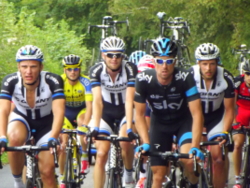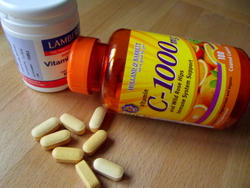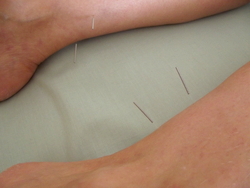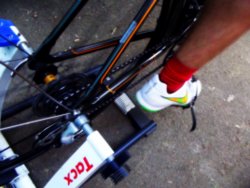
A study at McMaster University in Ontario has investigated whether sprint interval training (SIT) is a time-efficient exercise strategy to improve insulin sensitivity and other indices of cardiometabolic health to the same extent as traditional moderate-intensity continuous training (MICT). SIT involved 1 minute of intense exercise within a 10-minute time commitment, whereas MICT involved 50 minutes of continuous exercise per session.
Twenty-seven sedentary men, mean age 27, were each assigned to one of three groups: three sessions of either SIT or MICT per week for 12 weeks; non-training controls. SIT involved 3×20 second ‘all-out’ cycle sprints (~500W) interspersed with 2 minutes of cycling at 50W, whereas MICT involved 45 minutes of continuous cycling at ~70% maximal heart rate (~110W). Both protocols involved a 2-minute warm-up and 3-minute cool-down at 50W.
Indices of cardiometabolic health, such as peak oxygen uptake and glucose sensitivity, increased equally in both groups, despite sprint interval training requiring a five-fold lower exercise volume and time commitment.
The authors point out that most studies of high intensity training have lasted only a few weeks to several months, and have involved small numbers of subjects. Much of this work has examined physiological changes in young healthy individuals. Only a handful of studies have looked at non-healthy individuals including those with cardiometabolic diseases such as type-2 diabetes. While generally found to be safe, perceived as enjoyable and well-tolerated in laboratory studies, only a few studies have examined the feasibility of implementing the training in normal life, where people have to undertake it on their own. It also remains unknown whether adherence to this form of training is any better than for continuous moderate-intensity exercise.
(Twelve Weeks of Sprint Interval Training Improves Indices of Cardiometabolic Health Similar to Traditional Endurance Training despite a Five-Fold Lower Exercise Volume and Time Commitment. PLOS, 26 April 2016.)

